Apple : DAVEY Dwarf (B10) (Orchard Grade)
$37.95
An 'orchard grade' is a tree that may be somewhat shorter, slightly crooked, or a bit scratched, or for some other reason is not a perfect front lawn specimen. These trees will work just as well in an orchard as a first or number one would, since they still produce the very same fruit.
Davey (which incidentally rhymes with 'savvy', not 'gravy') was named after S. Lothrop Davenport, who discovered it an old orchard in Massachusetts. Richard Fahey classes Davey as practically a twin to the well-known Empire, but with superior disease resistance. Richard is a long time, hardcore homesteader in upstate NY with over 400 apple varieties in his orchard. Davey is on his list of 'The 30 Best Apples'. These are all reliable, low maintenance producers that thrive in his no-spray setting. Davey's pleasant hint-of-strawberry flavour has also been compared to Baldwin or to Westfield Seek-No-Further. Either way this mid-sized, multi-purpose, mostly red apple makes great fresh eating right through until March.
NEEDS A POLLENIZER | ZONE 4 | HARVEST: EARLY-MID OCT.
Only logged in customers who have purchased this product may leave a review.
Growing Tips
Besides selecting the most disease resistant varieties, there are
a few simple things to do to have better apples.
- Fertilize under the outer edges of your trees. There are no feeder roots next to the trunk. A well fed tree stays healthier. (Adequate calcium in the soil also helps so that apples keep longer.)
- Pick up fallen fruit and compost, dispose of, or feed to livestock (where possible).
- Rake up leaves in the fall and compost them away from the orchard.
- Prune trees to encourage light and air to reach the inside of the tree.
- Provide bird nesting sites near your orchard. A variety of orchard companion type plants will attract native pollinator insects and also encourage birds to come and eat insect pests.
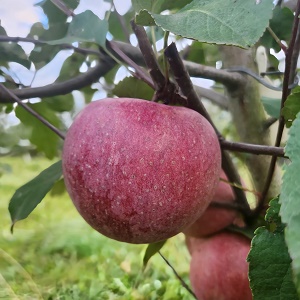
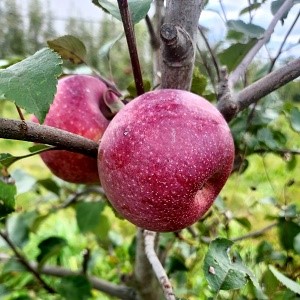
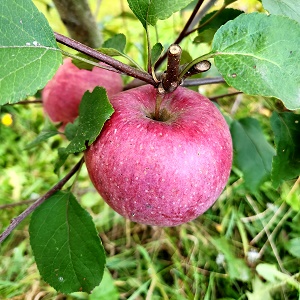
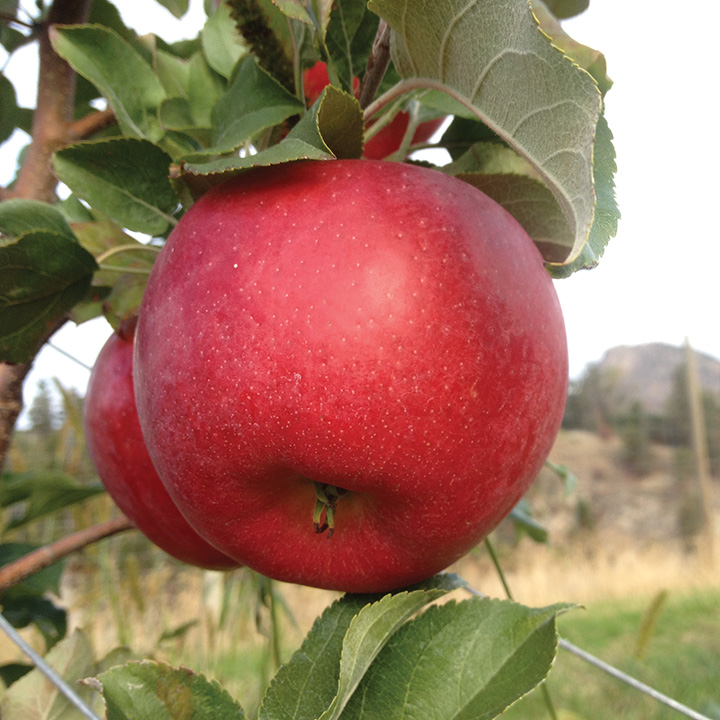
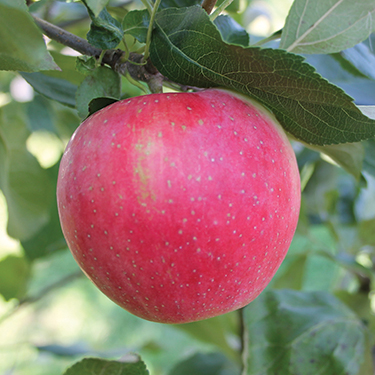
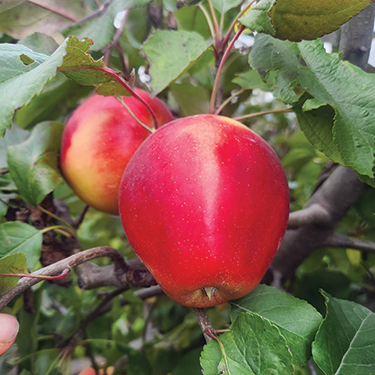
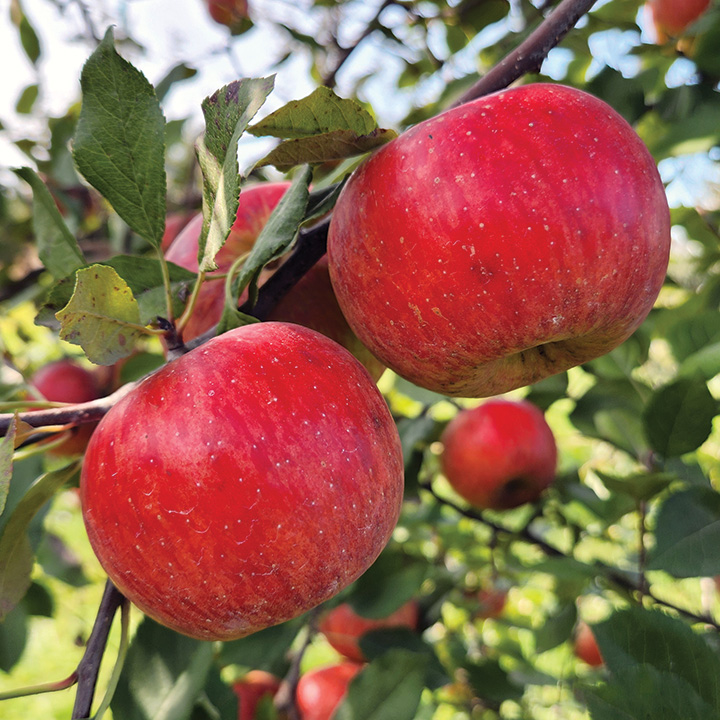
Reviews
There are no reviews yet.